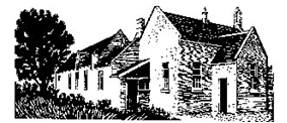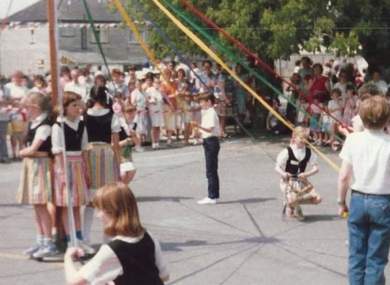- Home
- About Us
- History of the School
St Philip's Through The Ages

The following pages are an appendix from the booklet ‘The first Hundred Years, St Philip's School (formerly known as St Luke’s), Bath. 1866-1966’ written by R.C. Kedge.
The Very Beginning: 1846-1867
Until the beginning of this century, most of the public elementary education available to children of poor parents was provided by the churches. The largest Church of England body concerned with these schools in the last century was the National Society for Promoting Education of the Poor in the Principles of the Established Church (known as the National Society), which was founded in 1811. Very soon after its foundation, it sponsored the building of a school in Bath, branches of which spread into the outlying parts of the city. A branch school was built at Rush Hill about 1846 under the local control of the parish of St. Mark's.
By this time, the Government had begun to take an interest in elementary education through the Education Committee of the Privy Council. The interest took the form of Government grants, amounting in 1847 to £100,000 over the whole country. In order to ensure that the money was properly spent, a Royal Commission was set up in 1857, which published a "Revised Code" in 1862. Under this Code, schools requiring grants were subject to an annual inspection by a Government Inspector. Payment of the grants was to be made according to results - ie attendance and success at the Inspector's examinations - and they could also be withheld if the lighting, drains etc of the school were unsatisfactory. The maximum Government grant obtainable by the Rush Hill School would have been about £70 a year.
The Revised Code also required Head Teachers to keep Log Books, in which a brief entry was to be made every day on "ordinary progress, or whatever other fact concerning the School may require to be referred to at a future time, or may otherwise deserve to be recorded". Head Teachers were not allowed to put down "reflections or opinions of a general character", but in the early days at St. Luke's school, they took no notice of this injunction, thereby earning the rebuke of the Inspector in the margin of the book, and the gratitude of future historians.
To read more... click here





